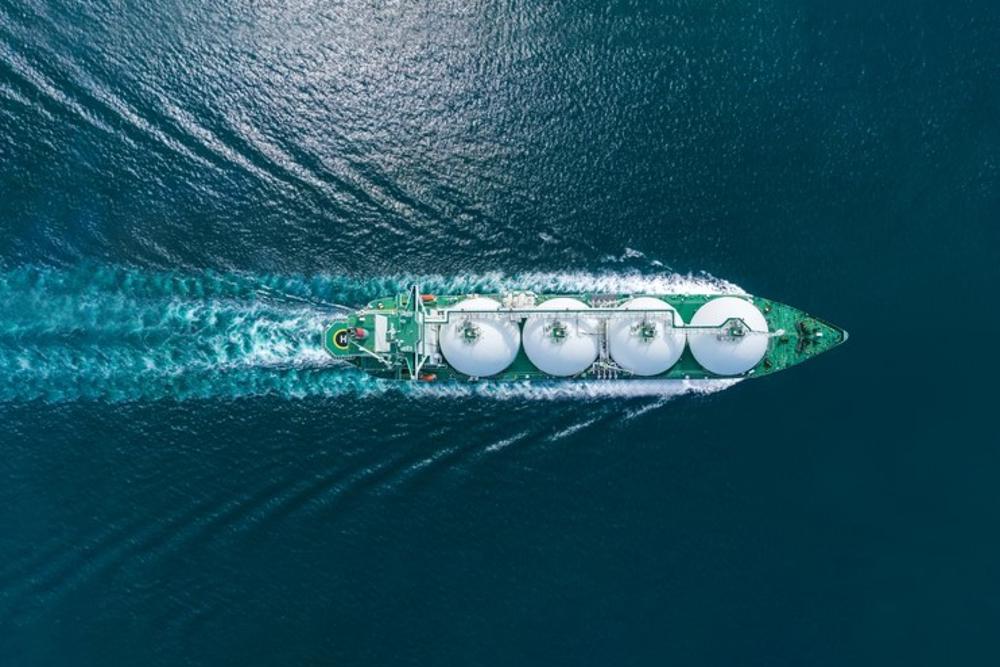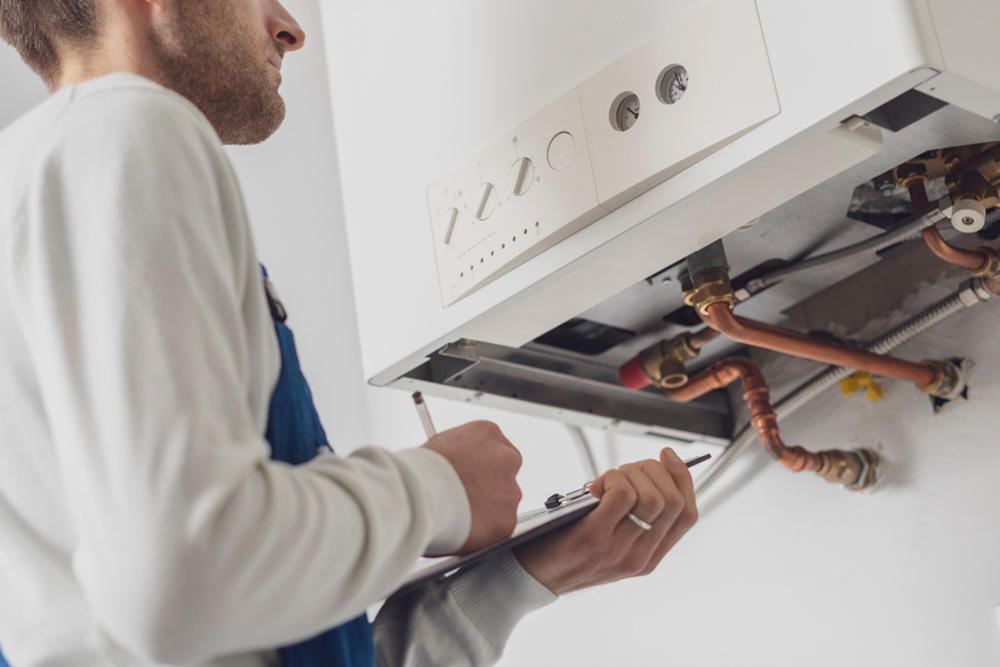
ExxonMobil and Porsche are testing advanced biofuels and renewable, lower-carbon eFuels, as part of a new agreement to find pathways toward potential future consumer adoption.
The first iteration of Esso Renewable Racing Fuel is a blend of primarily advanced biofuels and is specially formulated by ExxonMobil’s in-house team of scientists and engineers. The fuel will be tested in race conditions with Porsche’s high-performance motorsports engines during the 2021 Porsche Mobil 1 Supercup race series.
Porsche and ExxonMobil’s collaboration will also focus on eFuels, which are synthetic fuels made from hydrogen and captured carbon dioxide. As early as 2022, the companies plan to test the second iteration of Esso Renewable Racing Fuel, which will contain eFuel components. The eFuel is anticipated to achieve a greenhouse gas emissions reduction of up to 85 per cent, when blended to current market fuel standards for today’s passenger vehicles [1].
Michael Steiner, Member of the Executive Board, Research and Development of Porsche, said the electrification of their vehicles is of the highest priority to the company.
“eFuels are a good complement to our powertrain strategy. They allow our customers to drive cars with conventional combustion engines as well as plug-in hybrids with significantly lower greenhouse gas emissions. The collaboration with ExxonMobil enables us to test the eFuels under demanding conditions on the racing track. This is a further step towards making eFuels an affordable and lower greenhouse gas emission substitute to conventional fuels.”
The eFuel will be sourced from the Haru Oni pilot plant based in Chile that generates hydrogen, which is then combined with captured carbon dioxide drawn from the atmosphere to produce methanol.
ExxonMobil is providing a licence and support for the proprietary technology to convert the methanol to gasoline, which will result in a lower-carbon fuel.
In the pilot phase, around 35,000 gallons (approximately 130,000 litres) of eFuels will be produced in 2022. As the fuel’s primary user, Porsche will use the eFuels in the Porsche Mobil 1 Supercup starting in the season of 2022.
Andy Madden, vice president of strategy and planning for ExxonMobil Fuels & Lubricants, said that over the past quarter-century, ExxonMobil has worked together with Porsche to develop high-performance products that support Porsche’s vehicle performance on the racetrack and on the road.
“Our continued collaboration on renewable and eFuels is a critical step in assessing the technical capability and commercial viability of fuels that can significantly reduce emissions,” Mr Madden said.
The first on-track testing of Esso Renewable Racing Fuel was scheduled for 30 March 2021 in Zandvoort, Netherlands, and will continue throughout the 2021 and 2022 Porsche Mobil 1 Supercup race series.
[1] The GHG emissions reduction stated here, relates to the comparison of the calculated carbon footprint of product (CFP) for the renewable components in the PMSC race fuel versus a 94 grams CO2e/MJ of EU Renewable Energy Directive II baseline comparator. Emissions reduction of up to 85 per cent from renewable components vs. conventional are based on the carbon footprint of product calculations conducted under ISO 14067 methodology, effectively referenced as a well-to-wheels boundary, taking into account the feedstock, production, transportation, and combustion-related emissions to manufacture the blend of renewable components mentioned here. A functional unit of 1 MJ of fuels was used for the comparison.







